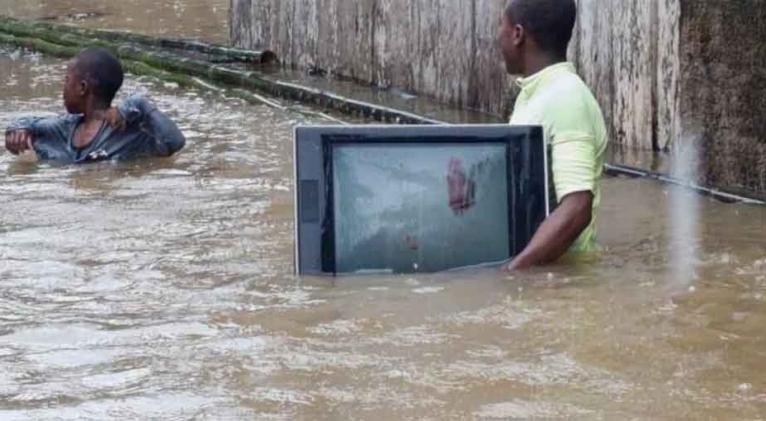Colombian government takes emergency measures to aid victims
especiales

The delicate situation generated in the department of Chocó resulting from the heavy rains is compelling Colombian authorities to take urgent measures to help the inhabitants.
According to preliminary figures from the National Disaster Risk Management Unit (UNGRD), there are more than 30 thousand affected families in the territory, some of which will receive hygiene kits, kitchen kits and non-perishable food, starting from tomorrow thanks to the arrival of the first shipment of humanitarian aid.
In Chocó, the Departmental Committee for Risk Management declared a state of Public Calamity for six months, in view of the situation caused by the rainfall.
According to the director general of UNGRD, Carlos Carrillo, in the region there are reports of damage in 25 of its 31 municipalities. The offcial assured that the entity will allocate 2.5 billion pesos (more than 625 thousand dollars at the current exchange rate) through two Collective Investment Funds to assist the localities most affected by the floods.
“Chocó is the place where it rains the most in the world and the Colombian State has been incapable for centuries of developing the capacities so that the people who live there do so with dignity; this is not the first time that these floods have occurred during the rainy season,” UNGRD CEO explained.
Carrillo added that there are also reports of damage from floods, overflows and landslides in 27 of the 32 departments of the country, with 467 registered events in approximately 186 municipalities, which means that nearly 46 thousand families in total are suffering some type of damage from hydrometeorological events.
President Gustavo Petro declared a natural disaster situation in the nation due to climate variability that generates unpredictable and unusual impacts which increase the vulnerability of the territories.
The head of State commented that although the declaration refers to the entire country, the regions of Alta Guajira (in the north), Chocó, and Bogotá suffer particularly from heavy rainfall and a shortage of drinking water, which is why efforts will initially focus on them. He explained that the step adopted to address the emergencies seeks to transfer the nation’s budgetary resources that exist in other entities that are not involved in this type of care to the regions that are being climatically struck.














Add new comment